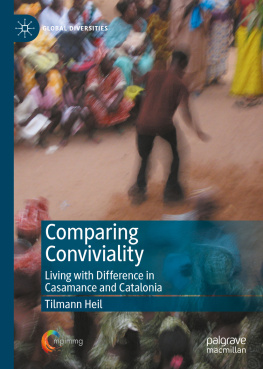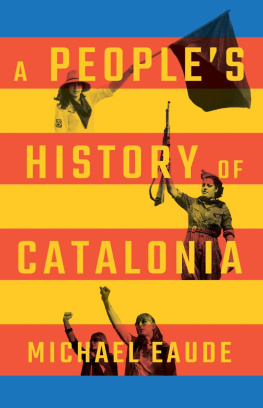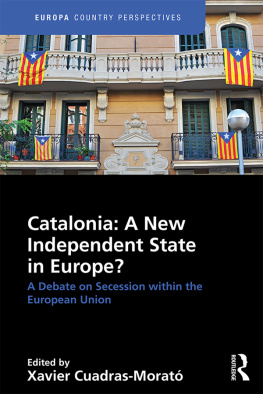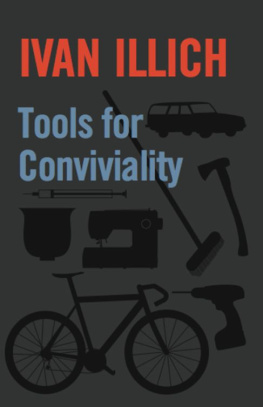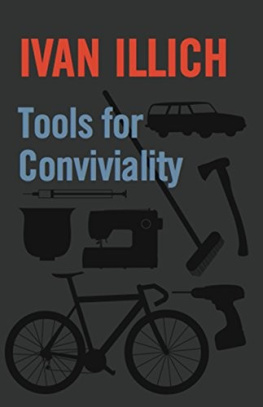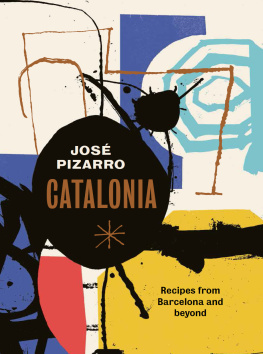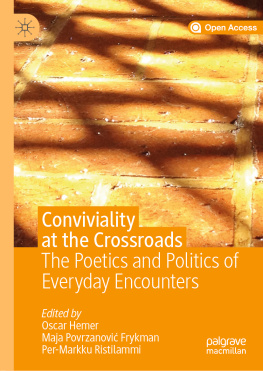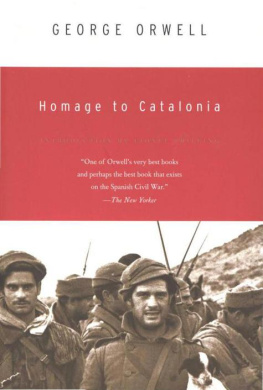Tilmann Heil - Comparing Conviviality: Living with Difference in Casamance and Catalonia
Here you can read online Tilmann Heil - Comparing Conviviality: Living with Difference in Casamance and Catalonia full text of the book (entire story) in english for free. Download pdf and epub, get meaning, cover and reviews about this ebook. year: 2020, publisher: Springer Nature, genre: Home and family. Description of the work, (preface) as well as reviews are available. Best literature library LitArk.com created for fans of good reading and offers a wide selection of genres:
Romance novel
Science fiction
Adventure
Detective
Science
History
Home and family
Prose
Art
Politics
Computer
Non-fiction
Religion
Business
Children
Humor
Choose a favorite category and find really read worthwhile books. Enjoy immersion in the world of imagination, feel the emotions of the characters or learn something new for yourself, make an fascinating discovery.
- Book:Comparing Conviviality: Living with Difference in Casamance and Catalonia
- Author:
- Publisher:Springer Nature
- Genre:
- Year:2020
- Rating:5 / 5
- Favourites:Add to favourites
- Your mark:
- 100
- 1
- 2
- 3
- 4
- 5
Comparing Conviviality: Living with Difference in Casamance and Catalonia: summary, description and annotation
We offer to read an annotation, description, summary or preface (depends on what the author of the book "Comparing Conviviality: Living with Difference in Casamance and Catalonia" wrote himself). If you haven't found the necessary information about the book — write in the comments, we will try to find it.
Tilmann Heil: author's other books
Who wrote Comparing Conviviality: Living with Difference in Casamance and Catalonia? Find out the surname, the name of the author of the book and a list of all author's works by series.
Comparing Conviviality: Living with Difference in Casamance and Catalonia — read online for free the complete book (whole text) full work
Below is the text of the book, divided by pages. System saving the place of the last page read, allows you to conveniently read the book "Comparing Conviviality: Living with Difference in Casamance and Catalonia" online for free, without having to search again every time where you left off. Put a bookmark, and you can go to the page where you finished reading at any time.
Font size:
Interval:
Bookmark:
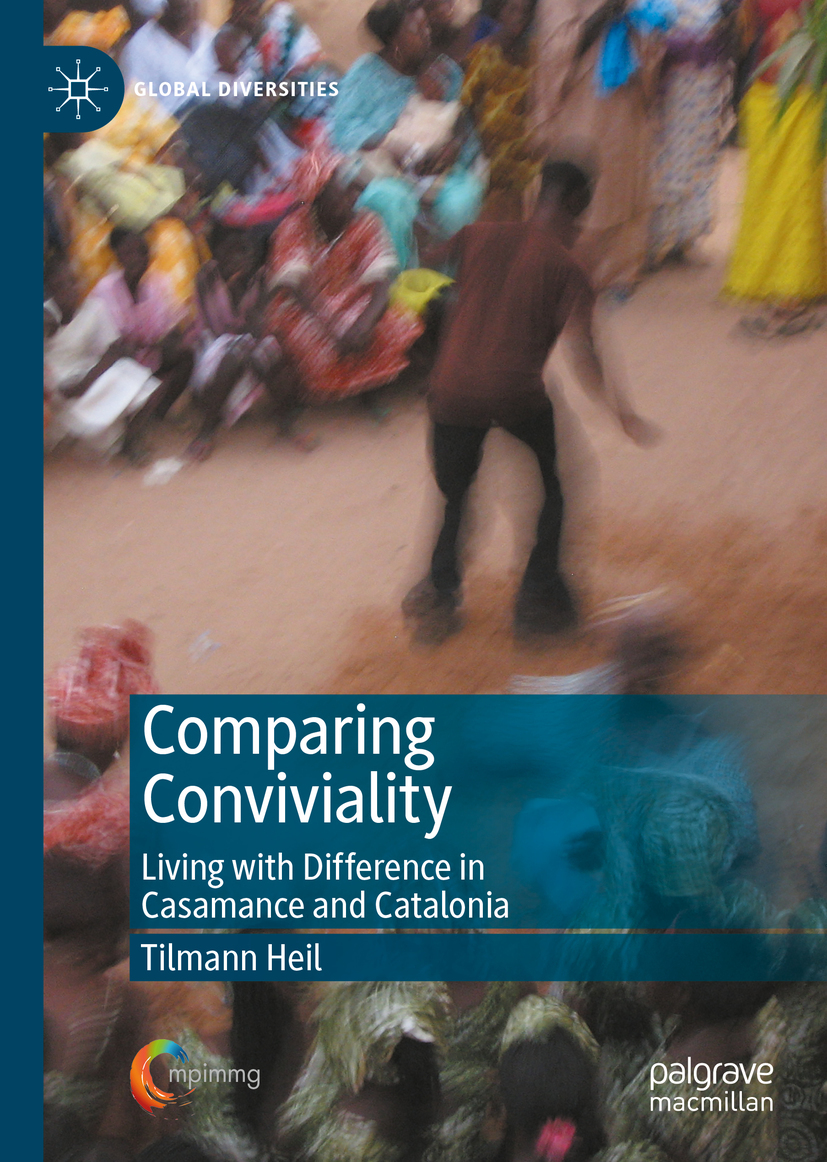
Over the past decade, the concept of diversity has gained a leading place in academic thought, business practice, politics and public policy across the world. However, local conditions and meanings of diversity are highly dissimilar and changing. For these reasons, deeper and more comparative understandings of pertinent concepts, processes and phenomena are in great demand. This series will examine multiple forms and configurations of diversity, how these have been conceived, imagined, and represented, how they have been or could be regulated or governed, how different processes of inter-ethnic or inter-religious encounter unfold, how conflicts arise and how political solutions are negotiated and practiced, and what truly convivial societies might actually look like. By comparatively examining a range of conditions, processes and cases revealing the contemporary meanings and dynamics of diversity, this series will be a key resource for students and professional social scientists. It will represent a landmark within a field that has become, and will continue to be, one of the foremost topics of global concern throughout the twenty-first century. Reflecting this multi-disciplinary field, the series will include works from Anthropology, Political Science, Sociology, Law, Geography and Religious Studies. While drawing on an international field of scholarship, the series will include works by current and former staff members, by visiting fellows and from events of the Max Planck Institute for the Study of Religious and Ethnic Diversity. Relevant manuscripts submitted from outside the Max Planck Institute network will also be considered.
More information about this series at http://www.palgrave.com/gp/series/15009

Cover image: In the evening, neighbours of different ethnic and religious affiliations celebrate a baptism on a public street in Lindiane, Ziguinchor in 2009. Tilmann Heil
This Palgrave Macmillan imprint is published by the registered company Springer Nature Switzerland AG.
The registered company address is: Gewerbestrasse 11, 6330 Cham, Switzerland
To Awa Ba
To Babacar San
To Tilmane Camera
This is a remarkable book. Alert to the theoretical possibilities his ethnographies offer and weaving his materials into an intricate tapestry, Tilmann Heil has created a work of great complexity , yet it is eminently readable and brimming with insights, empirical and theoretical. Anyone with an above-average interest in the emergent, incipient, and new kinds of society and forms of sociability growing out of the crossroads where people of diverse backgrounds meet will benefit from reading this monograph.
This is a book about the art of living together across differences of religion , language, origins, and prospects, without silencing dilemmas, obstacles, and misgivings. The people encountered in the following pages live in such neighbourhoods. Some have migrated from Africa to Europe, others have stayed put. We are thereby reminded that super-diversity does not always result from migration and transmigration into large and unwieldy cities but has been commonplace in many parts of the world for a very long time. Indeed, it has often been only after the emergence of the (colonial or modern) state , the classificatory zeal of the census, and the monetisation of land and labour that the boundary between such categories has been defined, invested with material interests and patrolled. At the same time, state-led attempts to homogenise national cultures place further pressure on people with shifting and situational identification, living in social settings defined not by cultural similarity but by a shared commitment to place.
Tracing the lives of people in and between two ambiguous regions in larger states Casamance in Senegal , Catalonia in Spain enables Heil to transcend methodological nationalism by demonstrating how easily people may slip in and out of different forms of collective belonging , sliding up, down, and sideways along the scales. His interlocutors belong to kin groups, religious communities , ethnic groups , professional groups, age and gender groups , nation-states, language communities , and localities, to mention but a fewand they overlap, their boundaries are being transgressed and challenged, and they are recontextualised through social change and not least transcontinental mobility , resulting simultaneously in frictions and enrichment.
The stories from Casamance and Catalonia show the finely weaved fabric of the everyday life and the flexibility of the creole sentiment . The challenges and rewards of multilingualism are rightly given much attention, and as one of Heils interlocutors in Casamance explains, one should, if possible, use a language that enables others to understand what one is saying. Even the polyglot ethnographer is left speechless on occasion. This attitude of openness subverts boundaries, enables cohabitation and conviviality, and resonates with a faint echo of Goethes maxim that he who knows no foreign language knows nothing about his own. For it is not only the spirit of everyday cosmopolitanism and conviviality that this book reveals but also the many rewards of opening up and exposing oneself to people who have been shaped by a different set of impulses. Differences between the cultural and political ambience become evident in situations where reproducing Casamance conviviality becomes difficult in Catalonia with its hierarchies of ethnicity , religion , and class .
Font size:
Interval:
Bookmark:
Similar books «Comparing Conviviality: Living with Difference in Casamance and Catalonia»
Look at similar books to Comparing Conviviality: Living with Difference in Casamance and Catalonia. We have selected literature similar in name and meaning in the hope of providing readers with more options to find new, interesting, not yet read works.
Discussion, reviews of the book Comparing Conviviality: Living with Difference in Casamance and Catalonia and just readers' own opinions. Leave your comments, write what you think about the work, its meaning or the main characters. Specify what exactly you liked and what you didn't like, and why you think so.

